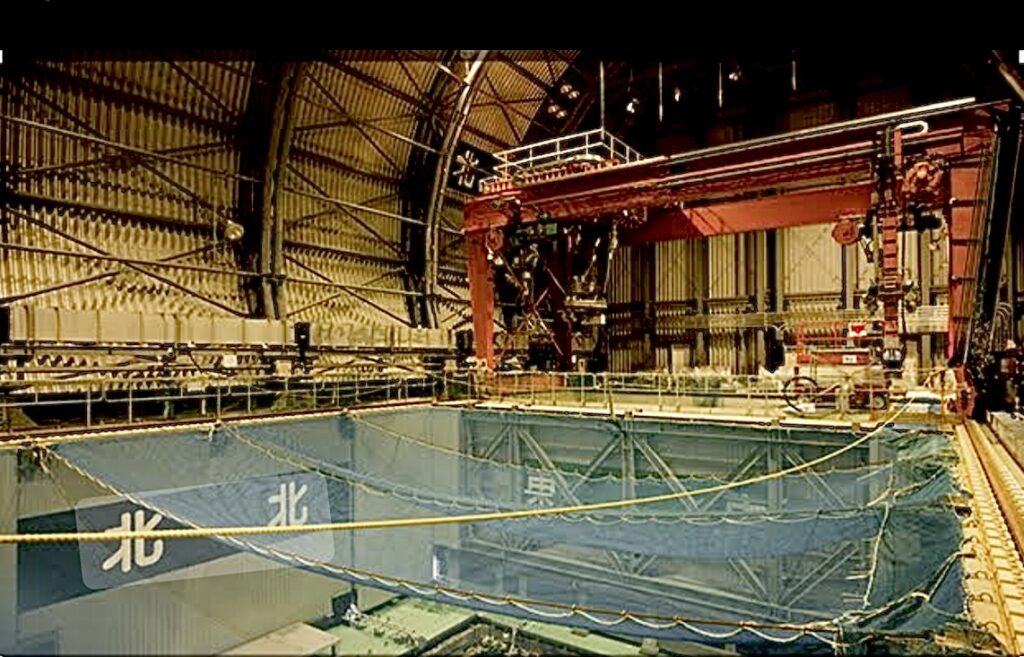
- ARAB NEWS
- 13 Jul 2025

TOKYO: With the Tokyo Electric Power Company (TEPCO) in the process of collecting samples of nuclear fuel from the Fukushima Daiichi nuclear power plant that was severely damaged in 2011, the Citizen’s Nuclear Information Center (CNIC) says the task is meaningless and questions the slow progress of disposal work at the plant.
“The government and TEPCO say that data on the properties and condition of the nuclear fuel debris obtained through the sampling process will be essential for further decommissioning efforts, including deliberation on the retrieval method,” CNIC reported on Wednesday. “However, the sample that has been collected is just a few grams of the estimated 880 tons of debris. Even if the sample is analyzed, this data would hardly be representative of the overall properties of the debris. This is insufficient for a study of full-scale debris retrieval methods.”
According to the Medium-to-Long-Term Roadmap for the Decommissioning of Units 1-4 at Tokyo Electric Power Company Holdings’ Fukushima Daiichi Nuclear Power Station, the decommissioning was to be completed within 40 years of the accident. CNIC says that a number of issues cannot be addressed without knowing factors such as how much debris to remove, what to do with the buildings, and what to do with the radioactive waste.
“If the decommissioning is to be completed in 2051, the accumulation of funds for waste disposal also needs to be considered,” CNIC points out. “The estimated decommissioning cost of 8 trillion yen ($57 billion) is the cost up to the point where the debris is removed. When the cost for the disposal of the huge amount of radioactive waste that will be generated is included, it is certain that the cost will be much higher.” CNIC questions whether TEPCO has the “stamina” for the work despite setting aside around $2 billion per year for this purpose.
“To what extent is decommissioning of the Fukushima Daiichi Nuclear power Station possible,” the group asks. “Is it feasible by 2051? And will the funds be ready by then? Thirteen years have passed since the accident, and if TEPCO is going to fulfil its responsibility for the Fukushima disaster, now is the time to conduct a serious consideration of this matter.”